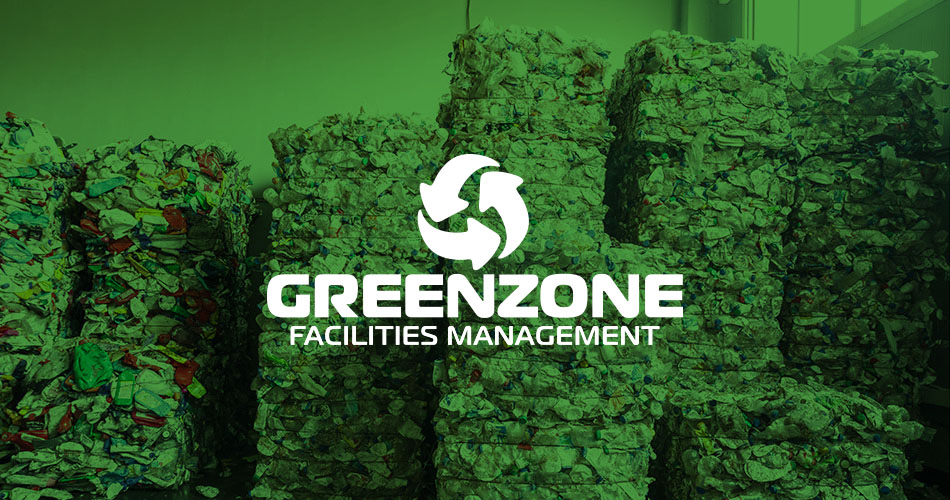Using cardboard wine cases made from 100% recycled material, Laithwaite’s has been delivering wine in the UK for over 10 years. Now, working in partnership with DS Smith, it is able to deliver a closed loop recycling system that ensures greater visibility across the supply chain, allowing it to track cases from production, through to delivery, collection, recycling and finally as the material is turned back into new cases.
At its distribution centre in Gloucester, Laithwaite’s handles imports of wine from across the world. Once unpacked, cases are transported to the DS Smith Paper Mill in Kemsley, Kent, to be recycled into new packaging material before being sent to DS Smith Packaging in Launceston to produce new cases. The cases will be used by Laithwaite’s for e-commerce distribution to its customers across the UK. This is part of the 14 day ‘box to box’ packaging recycling process that underpins DS Smith’s sustainable business model.
Andrew Hawker, Head of Logistics at Laithwaite’s Wine, said: ”We are delighted that through our partnership with DS Smith we are able to keep our cardboard for recycling right here in the UK. Via the closed-loop model, we can give a new lease of life to our recycling which will be used in the packaging we send to our customers. Balancing the sustainability and protection needs of packaging can be a challenge, especially in the e-commerce sector where the unboxing experience is a vital component of engaging and establishing a connection with our customers.”Andrew Hawker, Head of Logistics at Laithwaite’s Wine, said: ”We are delighted that through our partnership with DS Smith we are able to keep our cardboard for recycling right here in the UK. Via the closed-loop model, we can give a new lease of life to our recycling which will be used in the packaging we send to our customers. Balancing the sustainability and protection needs of packaging can be a challenge, especially in the e-commerce sector where the unboxing experience is a vital component of engaging and establishing a connection with our customers.”
As consumers demand to know where the products they buy have come from, it has become increasingly crucial for brands to demonstrate sustainable business operations. Closed loop systems will be a vital response to this trend, particularly as recent research showed that UK adults admit to throwing 30% of their recyclable material into general waste and a further 83% were not clear which types of packaging can and can’t be recycled*.As consumers demand to know where the products they buy have come from, it has become increasingly crucial for brands to demonstrate sustainable business operations. Closed loop systems will be a vital response to this trend, particularly as recent research showed that UK adults admit to throwing 30% of their recyclable material into general waste and a further 83% were not clear which types of packaging can and can’t be recycled*.
Tom Campbell-White, European Strategic Development Director at DS Smith, said: “Laithwaite’s was one of our first customers to be awarded our Closed-Loop Certification. Championing the circular economy is vital for companies everywhere as they drive to meet the changing expectations and demands of increasingly environmentally conscious consumers. Providing Laithwaite’s with a fully auditable recycling and recovery route means they can certify and track its sustainability targets. At DS Smith, we are proud of our closed loop business model and the fact we are a net positive recycler, meaning we are responsible for recycling more packaging than we put on the market.”
Orginal Source

